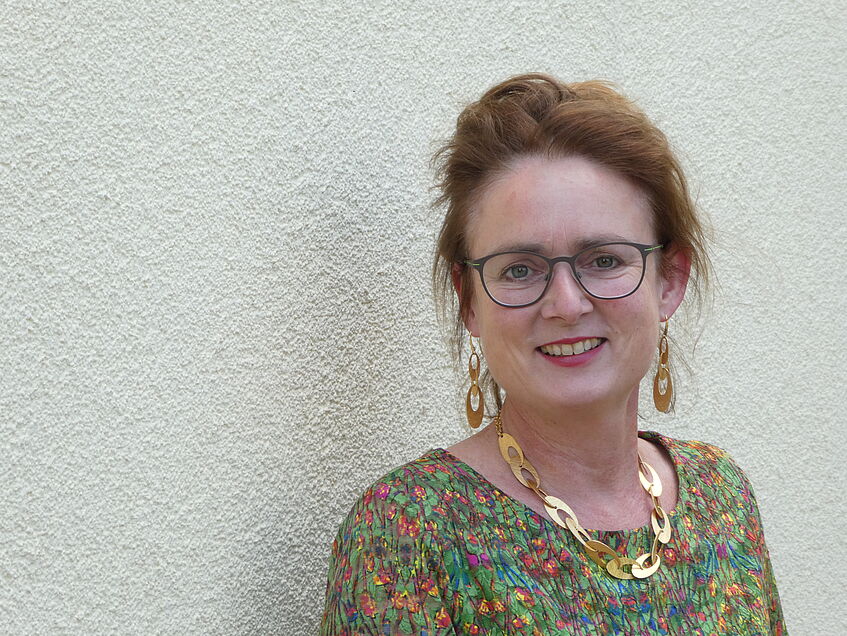
© Stephan Lorenz
Professor Dr. rer. soc. habil. Karin Scherschel
Professor for societal-theoretical foundations of social work, in particular on social inequality and participation
Karin Scherschel is a sociologist. Since 2014 she has been a Professor for societal-theoretical foundations of social work with a specific focus on social inequality and participation at the University of Applied Sciences RheinMain, Wiesbaden/Germany. Her main research fields are social inequality, welfare state, asylum policies, labor market policies, racism, migration and gender. In 2017 she was Sir Peter Ustinov guest Professor at the University of Vienna.
Previously she worked as a researcher at the Friedrich Schiller University Jena and the Otto von Guericke University Magdeburg for several years. She was also a visiting professor at the Johannes Kepler University in Linz and the University of Duisburg-Essen. Her doctoral thesis addressed racism in different social milieus. She studied sociology at the University of Saarbrücken and the University of Bielefeld. She was born in St. Wendel (Saarbrücken).
Homepage: https://www.hs-rm.de/de/hochschule/personen/scherschel-karin
Abstract
Activist Citizen – Democratization and Forced Migration
Current theoretical approaches to the crisis of democracy mostly refer to a specific type of mass democracy as we know it from the twentieth century. Therein the nation state is the political space of democracy. Recent forced migration has proved to be a challenge for such theories of democracy. The presence of refugees in receiving countries raises the basic democratic question: How can people decide about their own living conditions? On the one hand, the living conditions of refugees are strongly influenced by the nation states they arrive at. On the other hand, they have no citizenship status in order to participate in political decisions. The presentation analyses the relationship between democracy, forced migration and citizenship. Initiatives like solidarity cities or urban citizenship are political reactions to this mismatch. Furthermore, activist citizens scandalize the discrepancy between the protection of human rights and the restrictive immigration system of the nation state. Conceptualizing the protest against the limits of democracy as an act of that allows to show new democratic potentials. Showing the limits of democracy such political protest may catalyze new processes of democratization.
Programme: Panel 5, Thursday, 6 September 2018, 13:00-14:30
Programme: Chair Panel 3, Wedesday, 5 September 2018, 14:30-16:00